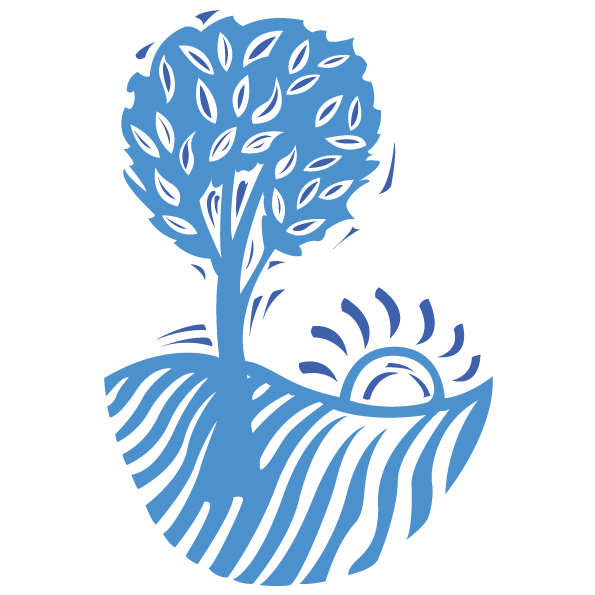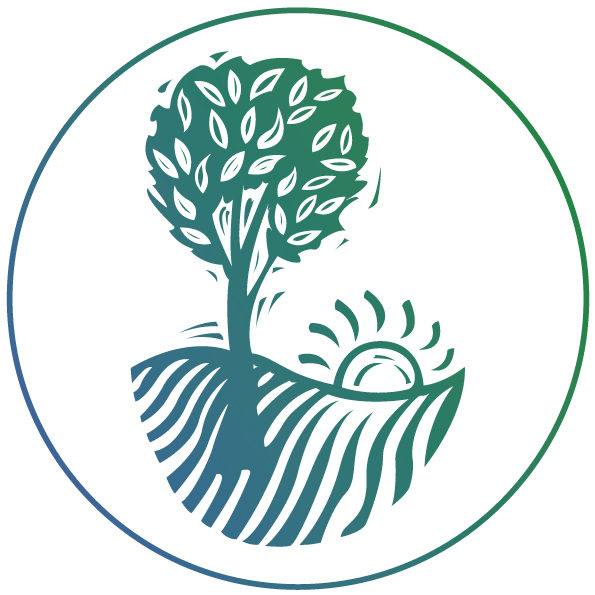Today we’re Lighting It Up Blue. Today is World Autism Awareness Day.
Autism. It’s a word that many people have heard of, but perhaps don’t know much about.
The National Autistic Society (NAS) published a research report in 2007 called “Think different about Autism”, it concluded that awareness of Autism is high but not many people understand what it really means to live with the condition, or someone who has it. They don’t understand the effect it can have on a family.
There are half a million people in the UK diagnosed with Autism, that’s 1 in 100 people!
People with Autism are often misunderstood in any walk of life, whether education, work, or social settings, they often suffer intolerance and isolation, which leaves many feeling excluded from everyday activities.
Many people can identify the key characteristics of Autism; difficulty communicating, difficulty in social situations, finding it difficult to make friends and understand other people, a need of routine and obsessive behaviour. But there’s more; the need for clear, unambiguous instructions, being disturbed by noise and touch, and difficulty in sleeping. Not many people are aware of these problems.
It’s a misconception that all people with Autism have special abilities in areas such as music and art, or math genius. Remember Rainman? Actually it’s estimated only 1 in 200 people with Autism have these abilities, and are savants who can perform amazing feats the rest of us find astounding.
Almost a quarter of people thought Autism only affects children. In fact a child with Autism grows up to be an adult with Autism. People don’t realise there is no cure for Autism.
10% of people thought Autism was not a disability.
The main finding was that a high percentage of people had heard of Autism but few knew the various degrees of it on the spectrum. Aspergers Syndrome is often thought of as a hidden disability as it’s often difficult to tell if a person has the condition from their appearance. People with Aspergers may have fewer problems with speaking, they often have above average intelligence, and don’t have the hearing disability associated with Autism, but they can suffer conditions such as Dyslexia, Dyspraxia, Attention Deficit Hyperactivity Disorder (ADHD), and Epilepsy.
Although there is no cure, it’s important to understand that with the right help and support, people with Autism can have a good life.
Since the report was published research has continued and I was extremely interested to read a study published in May 2014 on the prevalence of Autism in the general adult population. I have always held firm the opinion that there is a small element of Autism in us all, whether our routines or aversion to certain noises and textures and OCD behaviours. Scientists believe that 1% of adults in England met the criteria for an Autistic Spectrum Disorder, although none of those identified realised they had the conditions. Applied to the UK as a whole, 1% would equate to approximately 600,000 adults.
It has to be stressed that the majority of these cases would be relatively mild, only a very few would be diagnosed as severe. Thankfully today we know that severe Autism, especially with hearing disability is much more likely to be recognised and diagnosed early.
This research is being passed to medical students, psychiatrists, trainee doctors, and health professionals through education and training.
At FreshFields we have many service users on the Autistic Spectrum, some more challenging than others, we never know how a person will react from one day to the next, but by maintaining clear, concise, and consistent behaviours which match their support needs, I can honestly say each day they put a smile on my face and I hope we do the same for them.



